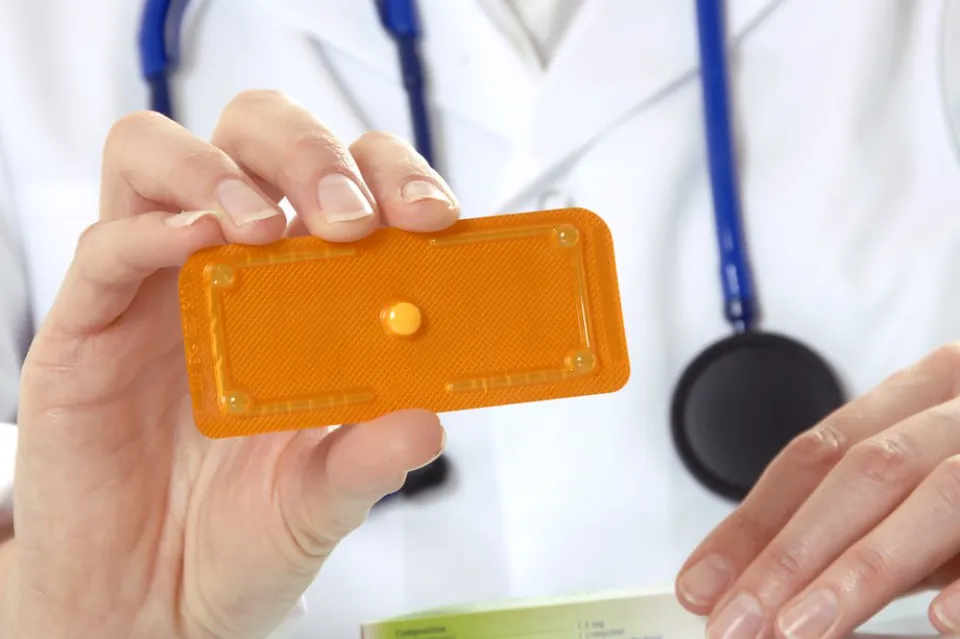
Can You Drink After Taking Plan B – Potential Interactions
Many people wonder whether they can drink alcohol after taking Plan B. It’s critical to comprehend potential interactions and their effects.
This article will examine the connection between drinking and Plan B in order to clarify whether drinking affects the efficacy of emergency contraception.
Can I Take Plan B With Alcohol?
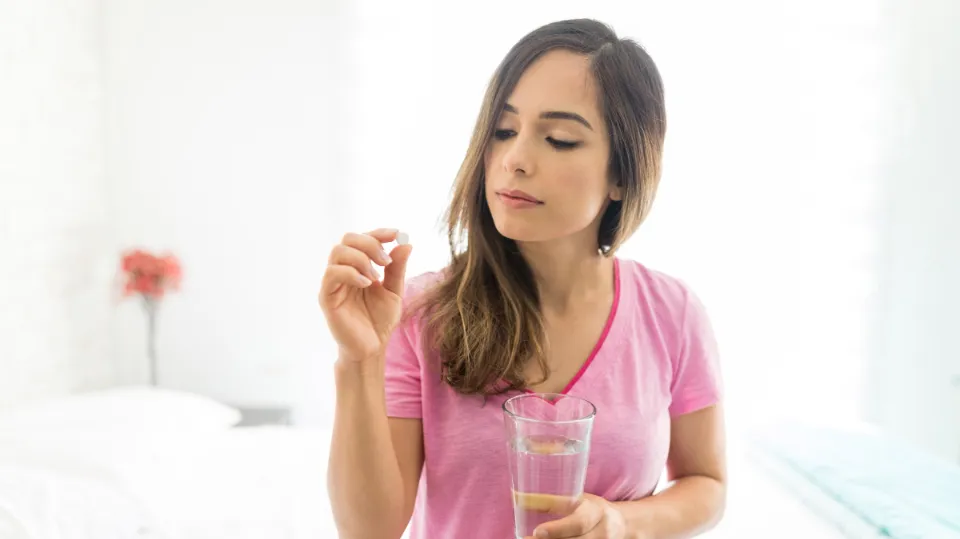
There may not always be a negative interaction between birth control and alcohol. But occasionally, it might make you throw up or forget to take your medication, causing you to miss doses. Some birth control side effects can worsen if you drink alcohol.
Read More: How Long Does Alcohol Stay in Your System
If drinking causes you to vomit within 3 hours of taking your birth control, you might not be getting the full dose of your medication. And, sometimes, drinking alcohol can cause you to forget to take your medication on time. Because birth control pills must be taken at the same time every day to be effective, doing so is particularly dangerous.
Therefore, if you’re taking OCPs, you might not be as protected if you forget to take a pill or throw up right away. Making a plan with your healthcare provider for what to do in this situation is crucial.
What Should You Avoid After Taking Plan B?
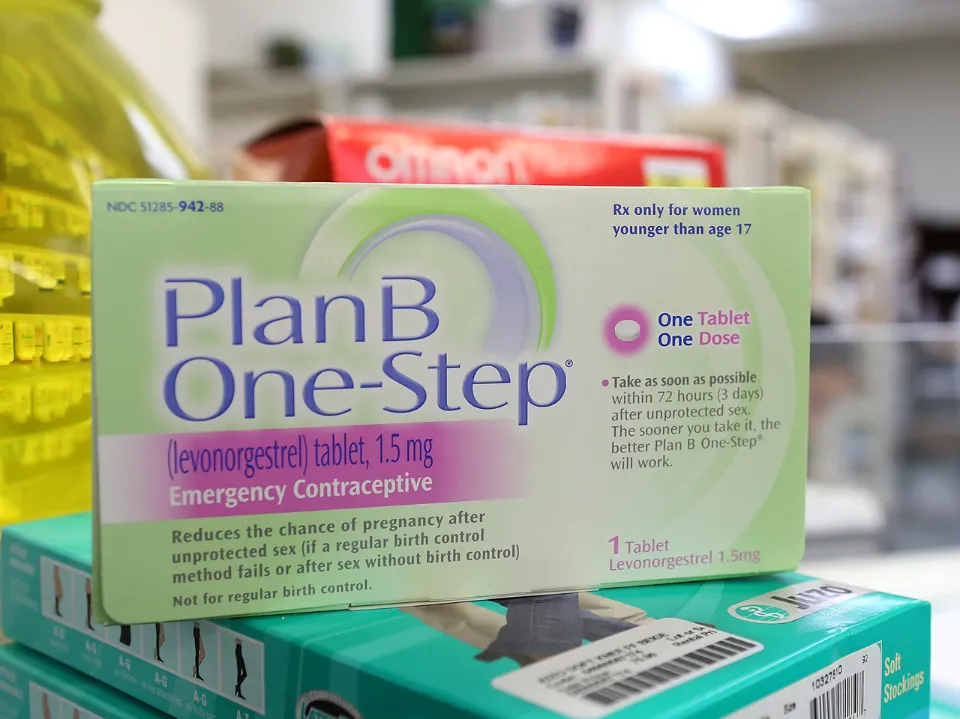
Following the use of Plan B, it’s critical to refrain from any actions that increase your risk of becoming pregnant. This includes refraining from sexual activity that isn’t covered up or any other actions that could cause sperm to contact the vagina.
The best way to help lower this risk is to use other forms of protection (like condoms), as the Plan B pill will not protect against sexually-transmitted infections. In order to maximize the effectiveness of the Plan B pill, it may also be advantageous to refrain from using drugs, excessive drinking, or smoking during this time.
Additionally, it is advised to contact a healthcare provider to discuss Plan B’s typical side effects (such as nausea, cramps, breast tenderness, headaches, dizziness, fatigue, or changes to your menstrual cycle).
The Unwanted Side Effects of Mixing Alcohol and Plan B
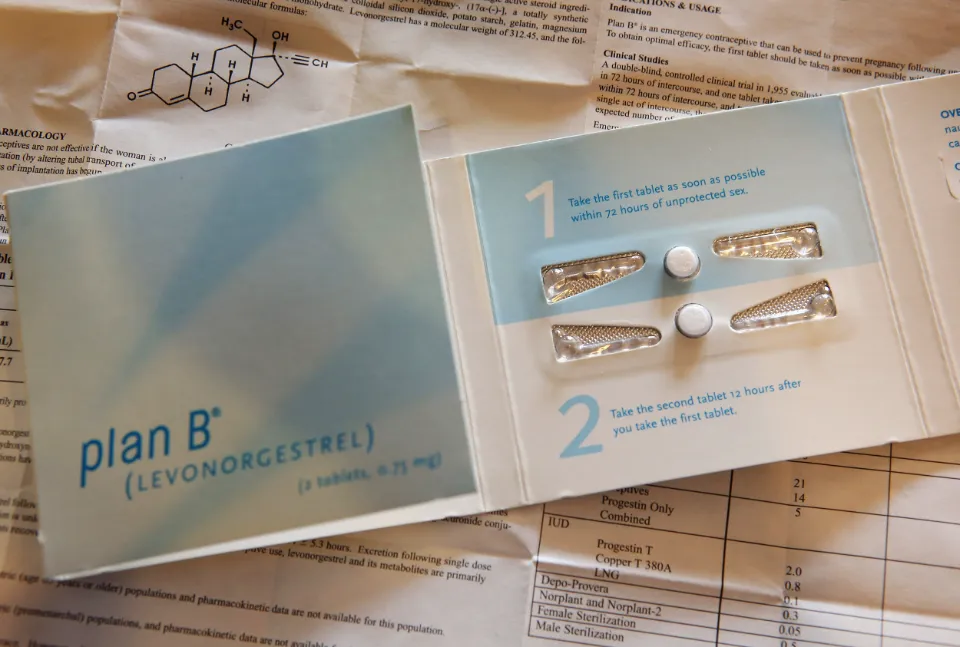
You can ask any doctor you want, and they will all tell you that it is never a good idea to drink alcohol while taking medications, and having a Plan B is never expected. The side effects are listed below for your convenience so that you can understand them better.
1. Nausea and Vomiting
For some people, taking Plan B pills can result in nausea and vomiting. It could be a side effect of this medication and a risk. Now, if you take your medication and then drink alcohol, the alcohol in your drink will unavoidably make you feel queasy and, if you continue to chug it, will make you throw up. It would be twice as difficult if these two factors were combined. Simply put, your symptoms of nausea and vomiting will worsen.
2. Dizziness and Drowsiness
As you may already be aware, excessive alcohol consumption has a depressant effect on your central nervous system. Drowsiness and vertigo are likely to result from it. This equation will be adversely affected by adding Plan B dosages, especially if you took both without a meal. You’ll undoubtedly experience fatigue, wooziness, or lightheadedness as a result.
3. Liver Function
Every substance you take in, including medicines, is filtered by the liver. When you take any kind of medication, your liver functions twice as hard. Your liver will be put under unnecessary and additional stress if you consume large amounts of alcohol in one sitting while also taking Plan B. Plan B might not function as intended because an overburdened liver may not be able to process it properly.
What to Do After Taking Morning-After Pill?
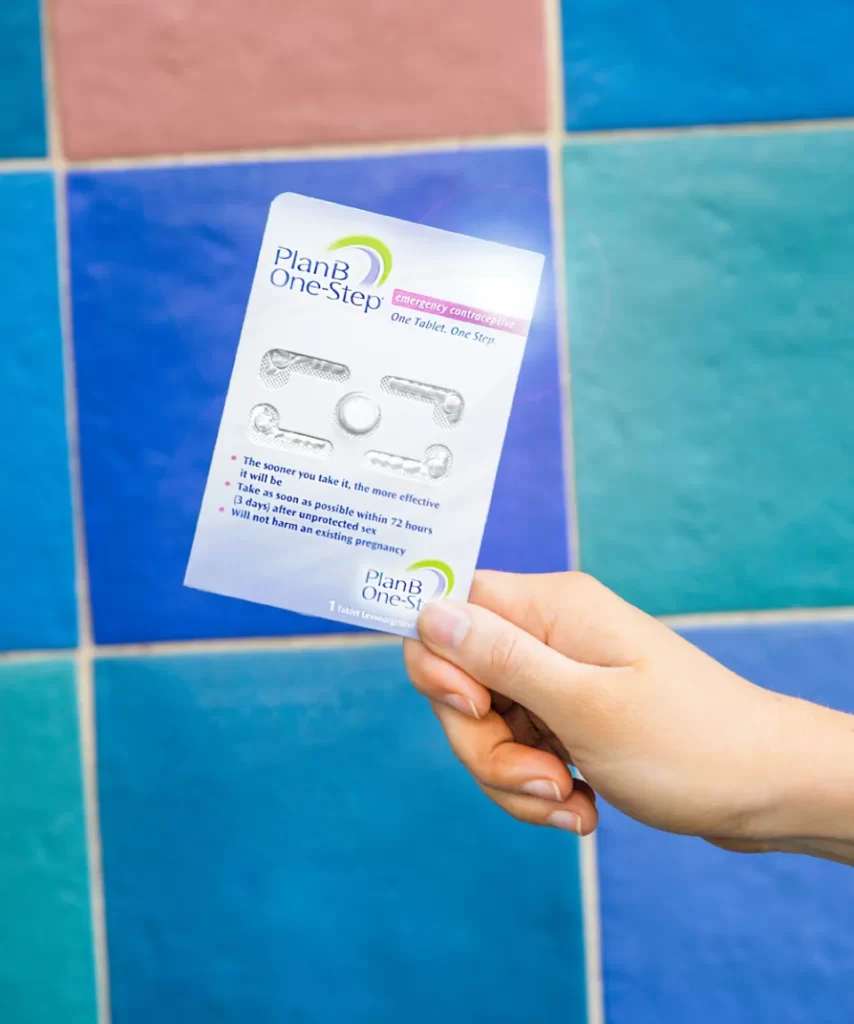
It is crucial to look after yourself after taking the morning after pill. Nausea, vomiting, vertigo, headaches, and menstrual changes are a few of the typical side effects that may appear. After a few days, these side effects ought to go away.
If any pain or discomfort persists, you should take ibuprofen or acetaminophen. A doctor should always be consulted before taking additional medications, including herbal remedies and dietary supplements.
A barrier method of contraception, such as condoms, should be used up until the start of your period because the morning-after pill won’t shield you from STIs.
Take a pregnancy test if your period does not begin two to three weeks after taking the morning after pill. If you are pregnant, you should see a doctor as soon as you can because you might need more assistance.
The last thing to say is to seek medical help right away if you experience any unsettling side effects, like breathing issues, chest pain, stomach pain, or bleeding.
When Can I Start Drinking After Stopping Birth Control?
You can start drinking as soon as you stop using birth control, unless your doctor advises you to wait. This is due to the fact that the danger of mixing alcohol and OCPs has less to do with a direct interaction and more to do with missed pills and long-term health effects.
It’s crucial to take your birth control pills on days when you do consume alcohol, though. Your birth control will stop working as well as a result of this.
Can Plan B Mess With You?
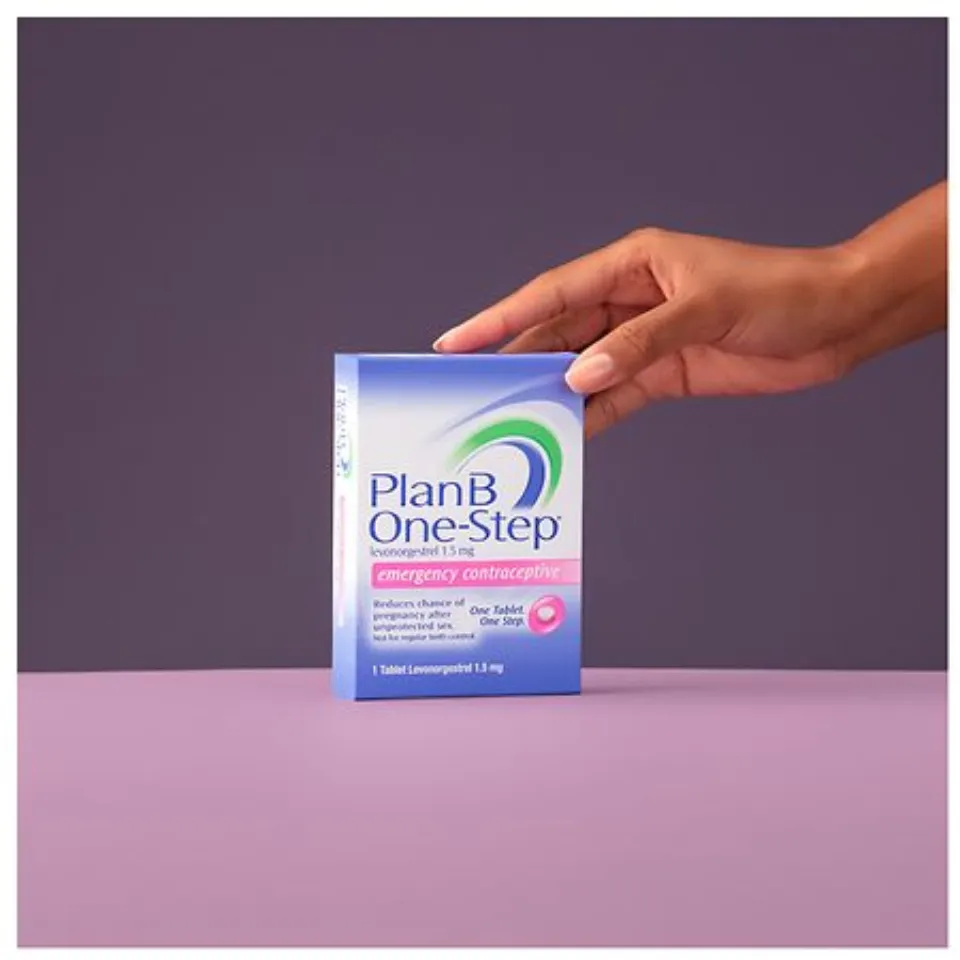
Yes, Plan B (known as the “morning-after” pill) can mess with you in a variety of ways. First, it may have an impact on your hormone levels, causing your period to become heavier, irregular, or both.
Spotting or bleeding in between periods may result from this as well. The increased risk of nausea, headaches, dizziness, and/or breast tenderness is another side effect of taking Plan B. As a regular method of birth control, Plan B should not be used because it may not be as effective as other methods and because insufficient research has been done to demonstrate its long-term effects.
It’s crucial to consult your doctor or other healthcare professional before taking Plan B in order to lower the risk of any of these side effects.
How Long is Plan B in Your System?
A brand of emergency contraception known as Plan B can stay in a person’s system for up to five days. It is crucial to remember, however, that this does not imply that the Plan B will continue to work for the full five days; usually, it will work best the first 24 hours after being taken.
A synthetic progesterone hormone called levonorgestrel is a component of Plan B. In order to stop a fertilized egg from implanting, Plan B affects the uterine lining. Since the drug will be broken down and eliminated within a few days thanks to this mechanism of action, it won’t stay in the system for an extended period of time.
There is no need to be concerned about potential side effects or harm to the body if someone took Plan B and did not become pregnant because the medication typically leaves the body by day five.
Conclusion
In conclusion, alcoholic drinks do not “kill” Plan B: It will most likely lose some of its effectiveness and could result in both minor and serious health problems. Being inebriated not only impairs your judgment, decision-making abilities, and memory, but it can also cause you to forget to take your Plan B medication.
Plan B and alcohol consumption together can make symptoms like nausea, vomiting, dizziness, and sleepiness worse. It can also become more serious, such as straining your liver, which can result in disease of the liver function in addition to decreased effectiveness of Plan B.





Average Rating